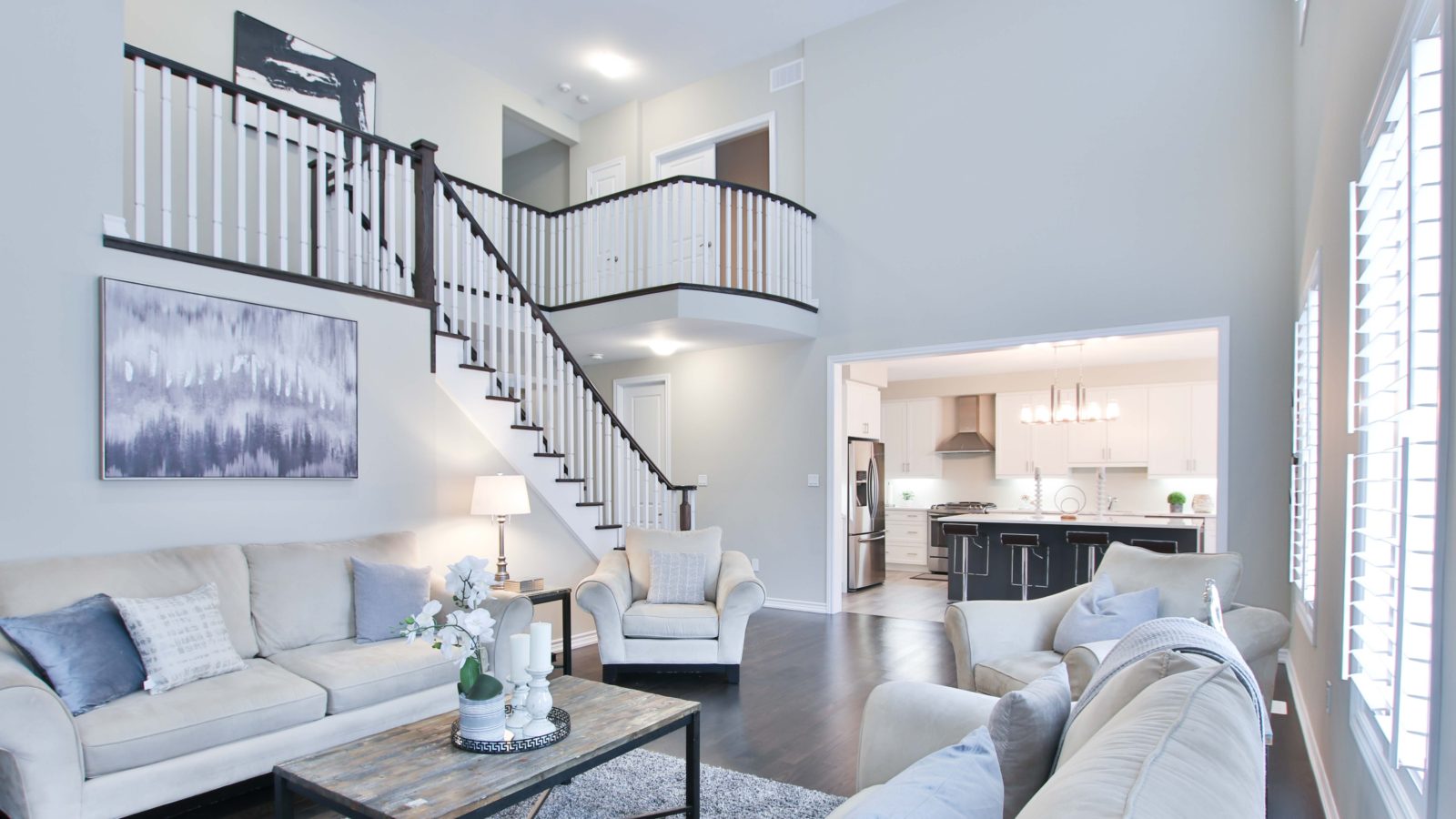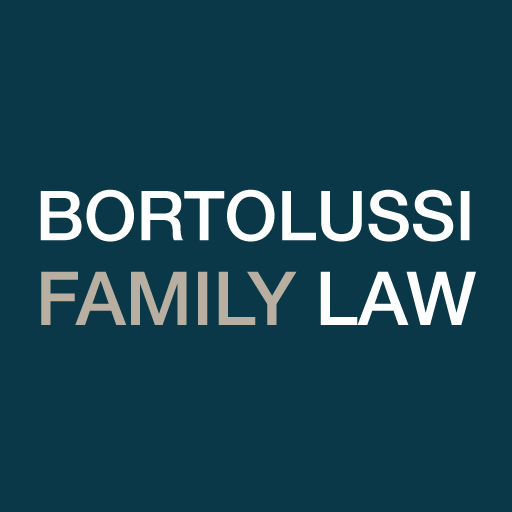Matrimonial Home

Vaughan Matrimonial Home Divorce Lawyers
The matrimonial home is a home owned by one or more of the legally married spouses in which they reside on the date of separation. The matrimonial home is treated differently than all other assets when dividing property in a divorce. Different rules apply to the matrimonial home than to the rest of a couple’s assets, regardless of who holds legal title to the property.
At Bortolussi Family Law in Vaughan, our family lawyers work with clients to protect their rights to the matrimonial home. If a spouse leaves the home too soon, it may impact their rights to possession of the home down the road. For example, if one spouse were to storm out and stay with family for a few weeks immediately after separating, the other spouse may have an easier time obtaining an order for exclusive possession from a court. We ensure clients are aware of how their potential actions could impact their rights, and advise them of how to proceed, depending on their unique situation.
Equal Possession Vs. Exclusive Possession of the Matrimonial Home
Married spouses have an equal right of possession to the matrimonial home in the absence of a court order for exclusive possession or a separation agreement that provides for it. This is true even if one spouse owns the home and the other has no ownership interest in the home. Equal possession, when referring to a matrimonial home, means that neither spouse can force the other to leave the property. Both spouses have equal rights and entitlements to the matrimonial home, and the right to equal possession cannot be contracted out of before separation.
An order for exclusive possession allows one spouse to remain in the home, to the exclusion of the other. Courts consider requests for an order for exclusive possession very carefully based on the evidence provided given the financial and other impacts on the spouse ordered to leave. One factor the court may consider is whether one spouse leaves the home voluntarily before an order is made. For this reason, it is important to discuss your plans with an experienced family lawyer before taking any action, to ensure you don’t jeopardize your right to remain in the home.
The Right to Share in the Value of the Matrimonial Home
In most cases, couples must share in the value of the matrimonial property, regardless of who owns the home. The matrimonial home is often a family’s largest asset, and so this right helps to ensure financial fairness for spouses who may otherwise be left with very little after a divorce. The value of the home will be included in the calculation of net family property for the purposes of equalization between the spouses.
While it is permitted to deduct the value of assets already owned on the date of marriage from this calculation, it is important to note that this deduction would rarely apply to the matrimonial home, even if it was solely owned by one spouse prior to or throughout the marriage. If one spouse owned the family home at date of marriage and it was later sold, this may create an opportunity to deduct the value of the sale from the net family property. However, the following criteria must be met:
- The home must not be the matrimonial home at the date of separation; and
- The spouse wishing to deduct the value must be able to demonstrate their ownership and the value of the property as of the date of marriage.
A Family Can Have Multiple Matrimonial Homes
While the primary family residence will often be the sole matrimonial home, it’s possible for a family to have more than one matrimonial home subject to the same rights of possession and equalization. Recreational properties, for example, such as a family cottage, are often treated in the same way as the primary home. Under the provincial Family Law Act, a property owned on date of separation which is ordinarily occupied by a person and their spouse is considered a matrimonial home. “Ordinarily occupied” is often interpreted to mean that the spouses or one spouse and the children regularly spent time at the property together. A family cottage in Muskoka, for example, would likely be considered to be a matrimonial home. An investment property used exclusively to earn income, however, would not.
Selling the Matrimonial Home
If you and your spouse own the home jointly, you must both agree to either list and sell the home, or transfer it to the spouse who wishes to purchase the other’s share. If your spouse will not agree to sell you their interest in the home, you may have to get a court order to list the home for sale.
For Skilled Representation in Matters Relating to the Matrimonial Home, Contact the Divorce Lawyers at Bortolussi Family Law in Vaughan
At Bortolussi Family Law, our divorce lawyers strive to ensure that our client retains their rights to the matrimonial home, from possession to equalization. From our office in Vaughan, we assist clients from across the Greater Toronto Area, extending out to Mississauga, Brampton, Caledon, Whitchurch-Stouffville, Woodbridge, Maple, Kleinburg, Caledon, Concord, Vaughan, Bolton, Nobleton, Markham, and Etobicoke and all areas in between with all aspects of their separation and divorce process.
Our team prioritizes keeping clients informed in order to empower them, bring clarity to their matter, and simplify the process of separation and divorce whenever possible. To discuss your circumstances and learn about the options available to you, please reach out to us online or by phone at 416-987-3300.






